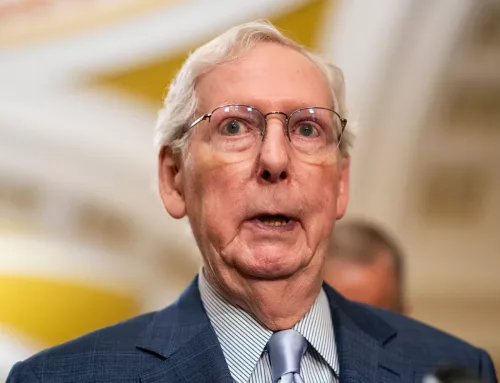Massachusetts Cannabis Retailers Sue Township Over Community Impact Fees
LOS ANGELES – In a legal challenge that underscores the tensions between cannabis businesses and local regulations, three cannabis retailers have initiated a lawsuit against a Massachusetts township. Theory Wellness, Community Growth Partners Great Barrington Operations LLC, and Highminded LLC are contesting nearly $6 million in community impact fees levied by Great Barrington. These fees, they argue, were collected improperly, citing the town’s own admissions that the cannabis businesses have not generated significant municipal costs.
Massachusetts law mandates that cannabis enterprises enter Host Community Agreements (HCAs) with the municipalities they operate within. These agreements often include Community Impact Fees designed to compensate for municipal expenses directly arising from the businesses’ activities. However, the plaintiffs contend that Great Barrington has consistently failed to justify these fees, despite acknowledging a lack of related costs in communications with the retailers.
Court documents reveal that Theory Wellness has contributed approximately $5.2 million in fees, with Community Growth’s Rebelle store and Highminded’s Farnsworth Fine Cannabis paying over $526,000 and $235,000, respectively. Despite these substantial contributions, the lawsuit alleges that Great Barrington has continued to demand fees without providing evidence of incurring related costs, nor has it offered refunds for the amounts paid.
Adding to the controversy, the retailers accuse Great Barrington of employing coercive negotiation tactics by withholding legally compliant HCAs until further fees are paid. This, they argue, contravenes state regulations designed to ensure fair dealings.
“The Town of Great Barrington’s position… is advanced in bad faith as is its refusal to return to the Plaintiffs the millions of dollars in illegal fees it has collected and retained,” the lawsuit states.
The legal action seeks not only a judicial declaration against the fee charges but also demands the return of the fees paid, with interest. Additionally, the plaintiffs call for the issuance of HCAs that align with current legal standards.
David Rich, representing the plaintiffs, decried the township’s practices as a clear case of governmental overreach. “The government repeatedly acknowledged in writing that it suffered no actual financial impact, yet it continued assessing fees, year after year, in clear contravention of Massachusetts law,” Rich stated to Law360.
The lawsuit represents a significant challenge to the manner in which local municipalities engage with and regulate the burgeoning cannabis industry, highlighting the complexities and potential conflicts inherent in the sector’s regulation at the local level.



































